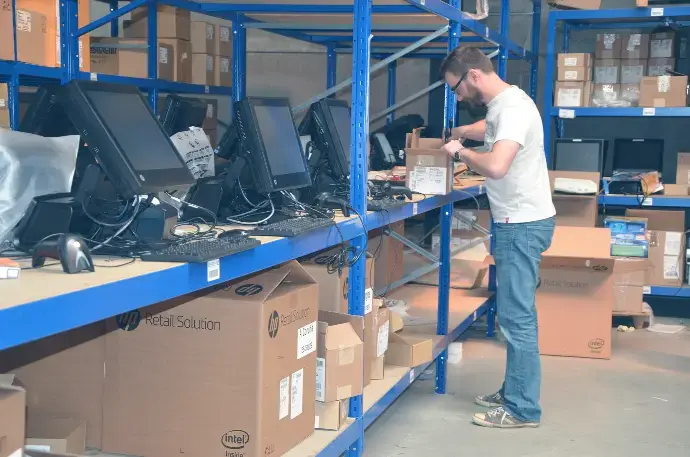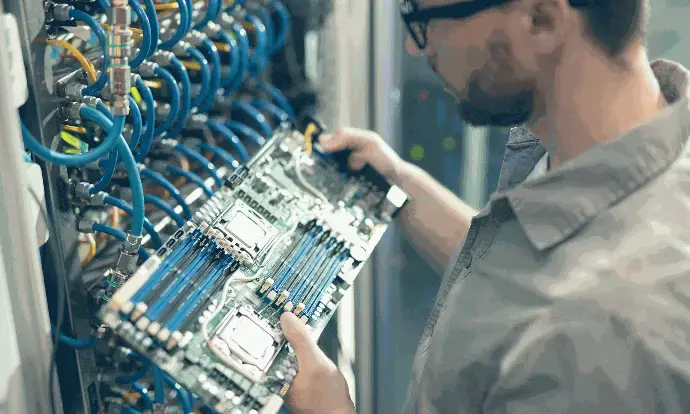As a software developer, you’ve spent countless hours crafting a POS solution that’s fast, intuitive, and packed with features. But no matter how brilliant your code, your software’s performance is only as good as the hardware it runs on. If your clients are stuck with outdated, inconsistent, or unreliable POS devices, your solution—and your reputation—could be at risk.
The Developer’s Dilemma: Great Software, Questionable Hardware
You know the scenario all too well:
- Unpredictable performance: Your app stutters on slow processors or crashes due to outdated OS versions.
- Endless compatibility issues: Every client has a different mix of hardware, drivers, and peripherals, turning deployments into a debugging marathon.
- Support nightmares: Instead of building new features, you’re stuck troubleshooting hardware conflicts.
- Scaling challenges: Fragmented device ecosystems make it nearly impossible to roll out updates or new functionalities efficiently.
The hard truth? Legacy POS hardware doesn’t just frustrate your clients—it limits what your software can achieve.

What Developers Need from POS Hardware
To ensure your software shines, your hardware strategy should tick these boxes:
- Consistency Across Deployments - Standardized devices reduce variables, making it easier to test, deploy, and maintain your software; No more “works on my machine” surprises when rolling out to new locations.
- Long-Term Compatibility — Hardware with guaranteed long-term availability prevents last-minute scrambles when devices hit end-of-life; future-proofing ensures your software remains relevant as technology evolves.
- Seamless Peripheral Integration — Printers, scanners, payment terminals, and displays should integrate smoothly with stable, up-to-date drivers; Printers, scanners, payment terminals, and displays should integrate smoothly with stable, up-to-date drivers.
- Reliable Support (So You Don’t Have To Provide It) — A strong service-level agreement (SLA) means hardware issues are handled by experts, not your dev team; rapid on-site support minimizes downtime and keeps clients happy.
- Flexibility for Diverse Environments - Whether your clients need Windows, Android, or hybrid setups, the right hardware partner adapts to your software’s requirements.
How a Hardware Partner Can Lighten Your Load
At eutronix, we specialize in taking the hardware headache off your hands, so you can focus on what you do best: building amazing software. Here’s how we help developers like you:
- Pre-Deployment Validation - we test hardware compatibility with your software upfront, so you can deploy with confidence.
-
Single-Source Procurement - one contact for all hardware needs across Europe—no more chasing down suppliers or managing multiple vendors.
-
Turnkey Deployment Services - we handle installation, configuration, and setup, so your team stays focused on development.
- Proactive Maintenance & SLAs - predictable, reliable support reduces the burden on your team and keeps clients running smoothly.
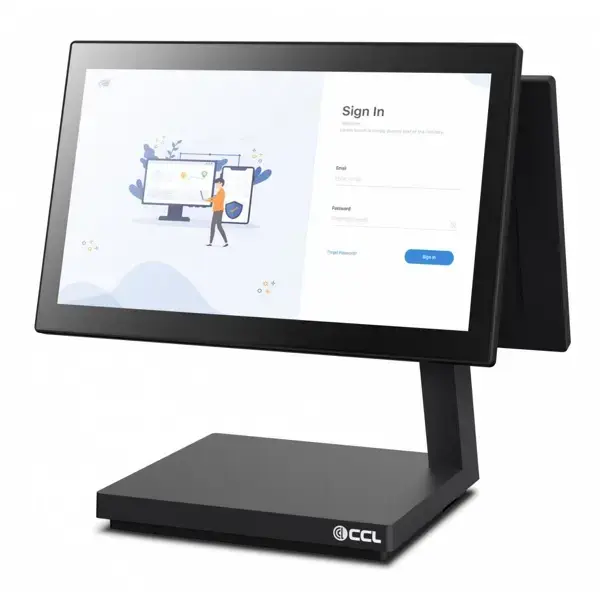
Success Story
One of our partners—a developer of POS solutions for retail chains—faced constant fires due to inconsistent hardware across 70+ locations. After standardizing their clients’ hardware with our help, they cut deployment time by 40% and reduced support tickets related to hardware issues by 60%.
The result? Faster rollouts, happier clients, and a dev team that finally got to work on new features instead of putting out fires.
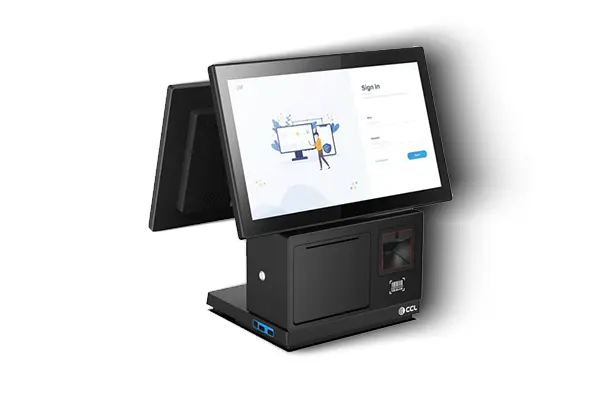
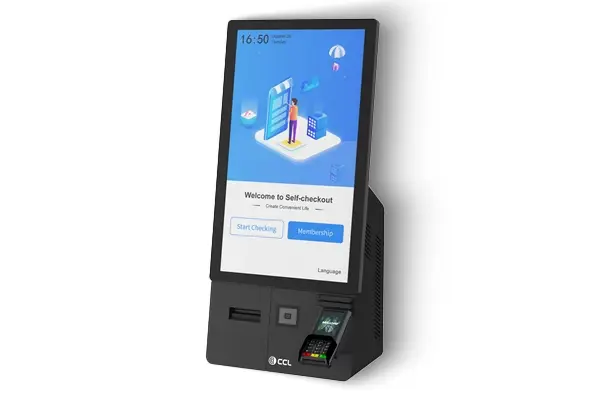
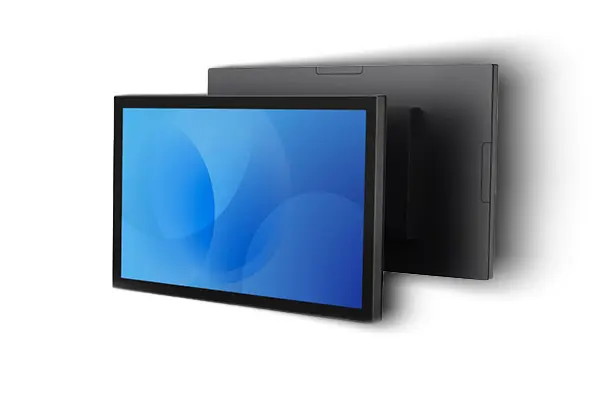
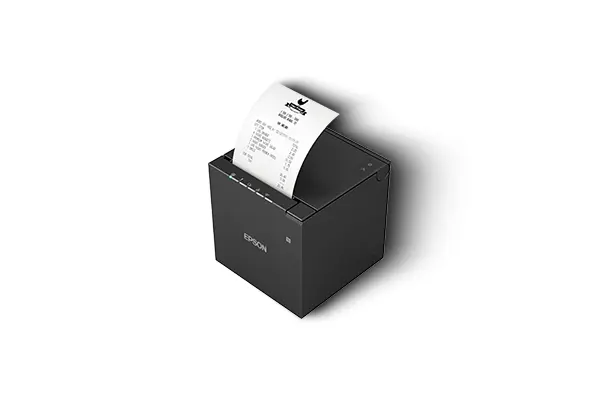
Receipt & Kitchen Printers
High-speed receipt printer for hospitality operations
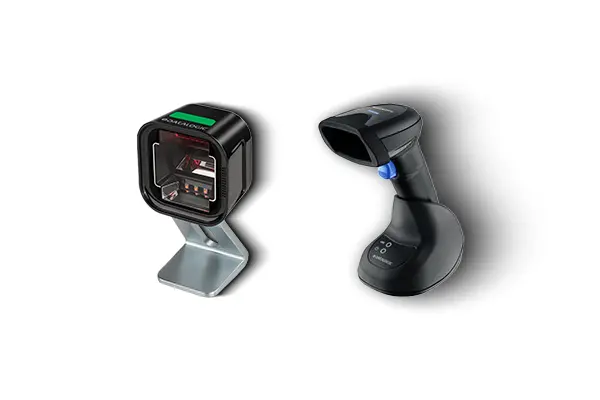
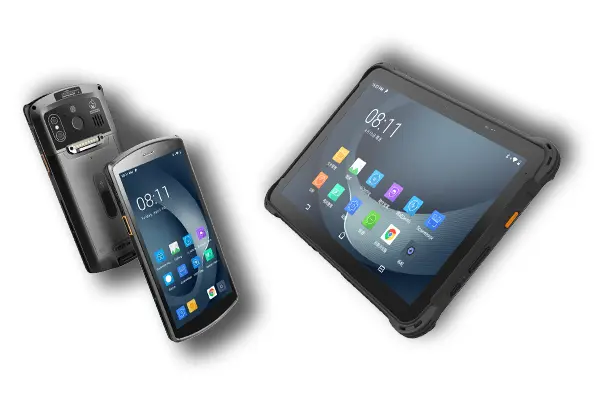
Mobile
Terminals
Urovo products – Odoo-compatible mobile terminals for hospitality
Want to explore how we can support your software with the right hardware?
Let’s talk—we’d love to hear about your project!



